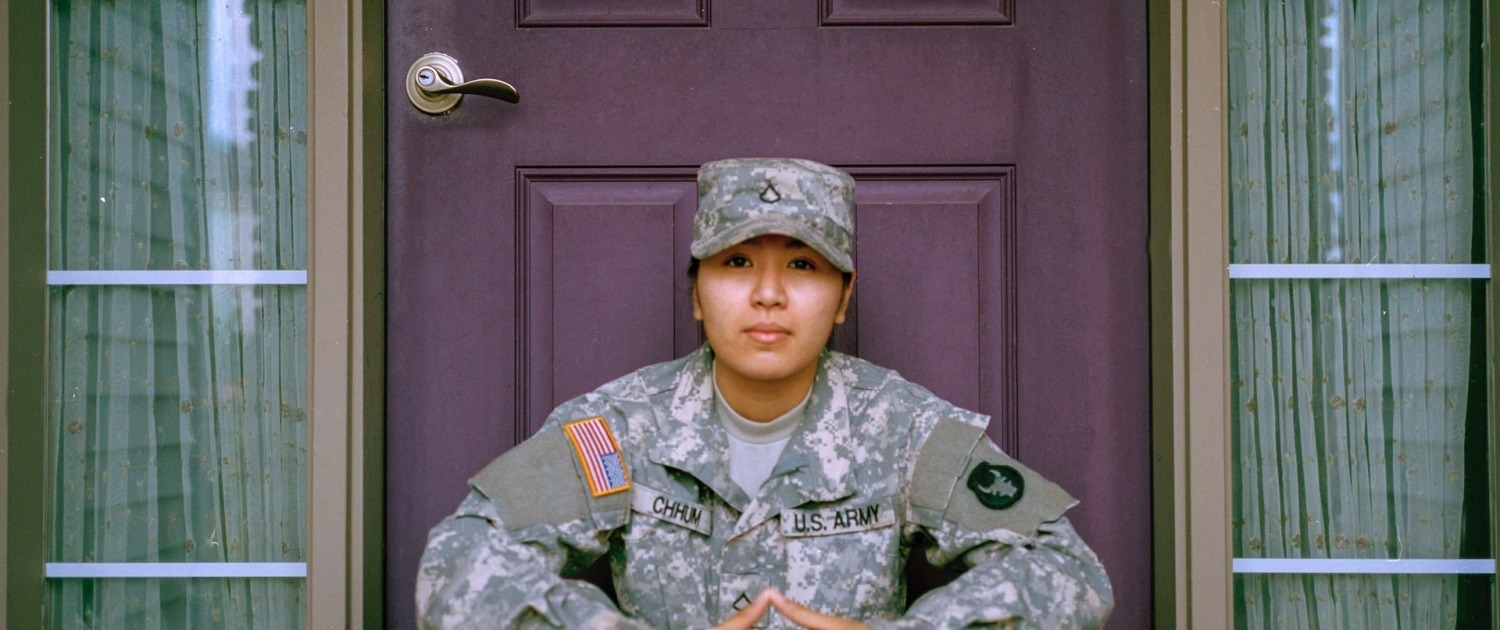What the Franchise Model Entails
Franchising, in its most basic form, is a business relationship where an existing company (the franchisor) grants you the right to utilize their brand name and proven business system. It’s similar to getting a blueprint for success rather than developing your own from scratch.
As a franchisee, you’re not an employee – you’re an entrepreneur in your own right who has chosen to benefit from an established brand’s reputation and systems. The franchisor provides training, continuing support, marketing materials, and operating guidelines. In return, you pay the upfront fees and continuing royalties over time, as well as agree to maintain their standards and utilize their proven methods.
This system is quite unlike going into a standalone business, where all of the systems, procedures, and marketing strategies have to be created from the ground up. It is also different from working in a corporate environment, where you have less control over daily operations and strategic direction.
The Veteran Advantage in Franchising
Veterans oftentimes possess the traits that match franchise ownership ideally. Being in the military teaches excellent leadership, attention to detail, ability to follow systems, and understanding of the importance of training and procedures. All of these readily translate to success in operating a franchise business.
The majority of franchise companies know this correlation and have veteran-focused programs in place. These programs typically include reduced franchise fees, financing assistance, customized training, and mentoring. Companies like Subway, 7-Eleven, and many others offer significant discounts and help solely for veterans.
Main Benefits for Veteran Franchisees
Structured Independence
Franchising offers the perfect middle ground for veterans who want to be their own boss but also need clear-cut guidelines and support systems. The military background of following procedure while taking initiative is well-suited to the franchise model.
Intrinsic Support Network
Any startup business can be isolating, but franchisees benefit from the ongoing support of the franchisor and the community of fellow franchisees. It’s a camaraderie not dissimilar from that of military service.
Proven Systems and Processes
Rather than having to discover what works, franchisees are given established business models, marketing, and operational systems. That eliminates a lot of the trial-and-error period that standalone businesses may undergo.
Better Chances of Success
Though no business opportunity is certain, franchises generally have better success rates compared to standalone startups. The fact that they have established systems, continuous support, and recognized brand names accounts for these enhanced prospects.
Growth Potential
Most successful franchisees end up opening several outlets. The systems and expertise developed from running a single franchise offer a basis for expansion that’s more difficult to realize for standalone businesses.

Why Veteran Programs Exist
The military-to-civilian transition has challenges of its own. Veterans may lack civilian business experience, face difficulty in securing conventional financing, or feel overwhelmed by the unstructured nature of entrepreneurship after years of military structure and discipline.
Veteran franchise initiatives resolve these by providing:
- Reduced initial investment levels
- Access to lenders who specialize in veterans
- Additional training and mentorship
- Networking with fellow veteran franchisees
- Understanding of military culture and transition challenges
They are a win-win for franchisors and veterans alike. Veterans get additional help and reduced obstacles to entry, and franchisors gain dedicated, disciplined franchise owners who become their most profitable operators.
Choosing the Right Franchise Opportunity
When evaluating franchise opportunities, consider a variety of elements in addition to veteran incentives:
Industry Alignment: Choose industries that match your skill set and interests. Veterans with a logistics background might be attracted to shipping franchises, and those with leadership experience might be interested in business services.
Investment Requirements: Understand the total initial investment, such as franchise fee, equipment, inventory, and working capital. Don’t focus solely on the franchise fee – it’s the total investment that matters.
Franchisor Support: Evaluate the quality and comprehensiveness of training programs, ongoing support, marketing assistance, and operations guidance.
Market Potential: Research the demand for the franchise’s products or services in your target market. Even the best franchise concept won’t work in the wrong place.
Growth Trajectory: Find out whether the franchise system is growing, stable, or declining. Growing systems provide more support and opportunity.
Taking the Next Step
Before investing in any franchise opportunity:
1. Do your research: Speak with current and previous franchisees, thoroughly read the Franchise Disclosure Document, and understand all financial obligations.
2. Get professional advice: Consult with attorneys familiar with franchise law and accountants familiar with franchise financial structures.
3. Discuss financing options: Veterans have access to SBA loans, veteran-focused lenders, and franchise company finance programs.
4. Begin with one: Fight the temptation to purchase several territories at the outset. Get one location established and on its feet before expanding.
The transition from the military lifestyle to business ownership does not have to be a leap of faith. Franchising presents a clear path that leverages your military experience and delivers the freedom and possible rewards of business ownership. With proper planning and the correct franchise partner, it can be an excellent method to build a civilian career.

